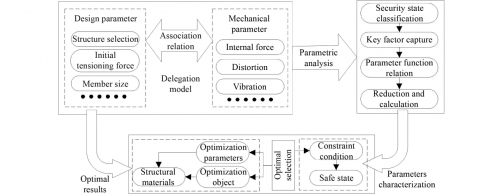In a significant development for the field of biotechnology, the controversial techniques used in the birth of gene-edited babies are undergoing renewed examination and debate in 2023. The focus stems from the actions of Chinese scientist He Jiankui, who made headlines in 2018 by announcing the birth of the first genetically modified babies. He claimed to have engineered twins using the pioneering CRISPR gene-editing technology, a move that sparked intense ethical scrutiny and backlash from the global scientific community.
Repercussions of He Jiankui’s Experiment
The scientific consensus was that Jiankui’s experiment was both reckless and unethical, primarily due to the nascent state of the CRISPR technology he employed. Critics argued that the long-term effects of gene editing on human embryos were unknown, raising serious questions about safety and morality. Since that announcement, the landscape of gene editing has evolved significantly, leading to new discussions about the potential applications and regulations surrounding this powerful technology.
According to NPR science correspondent Rob Stein, advancements in gene-editing techniques have prompted some companies to pursue ambitious projects that push the boundaries of what is possible. These initiatives aim to refine gene-editing applications not just for human reproduction, but also for addressing genetic disorders and other medical challenges.
Current Trends and Future Implications
As the technology matures, various companies are exploring its potential in ways that were previously unimaginable. With greater understanding and improved techniques, the prospects of gene editing could fundamentally alter medicine and human health. Nonetheless, the ethical implications remain. Experts are calling for robust guidelines to ensure that gene-editing practices prioritize safety and ethical considerations.
In the years following Jiankui’s announcement, international regulatory frameworks have begun to take shape, aiming to govern the use of gene-editing technologies. Scientists and ethicists are advocating for a cautious approach, emphasizing the need for thorough research before widespread application becomes a reality.
While the scientific community grapples with the past implications of gene editing, the future remains a subject of intense discussion. The evolution of this technology could bring forth both remarkable opportunities and serious ethical dilemmas that society must navigate carefully.
As developments unfold, the conversation about the future of gene-edited babies and the broader use of CRISPR technology continues to engage professionals across various fields. What remains clear is that the dialogue surrounding gene editing is far from over, and its trajectory will likely be shaped by both scientific advancements and societal values.








































































